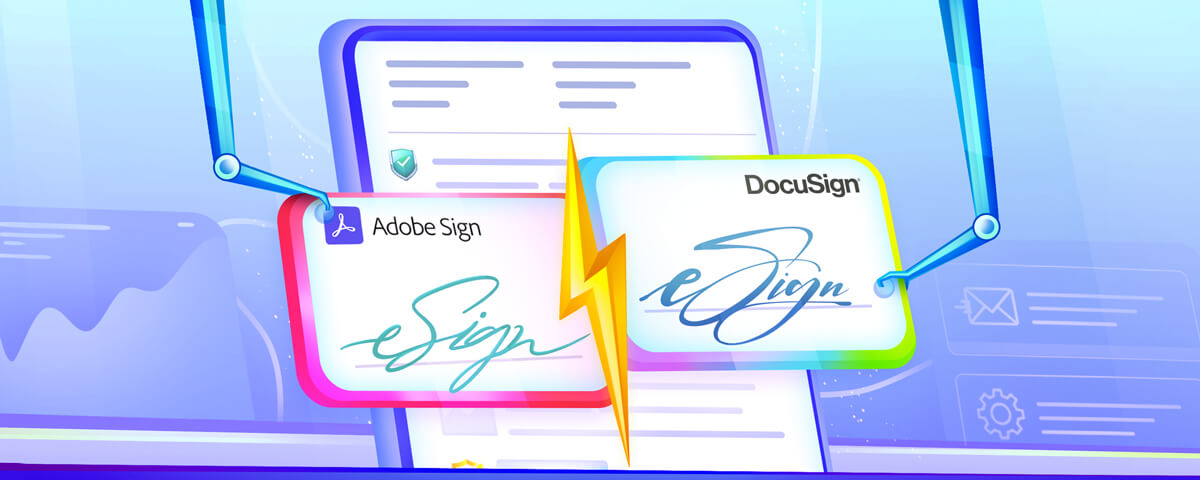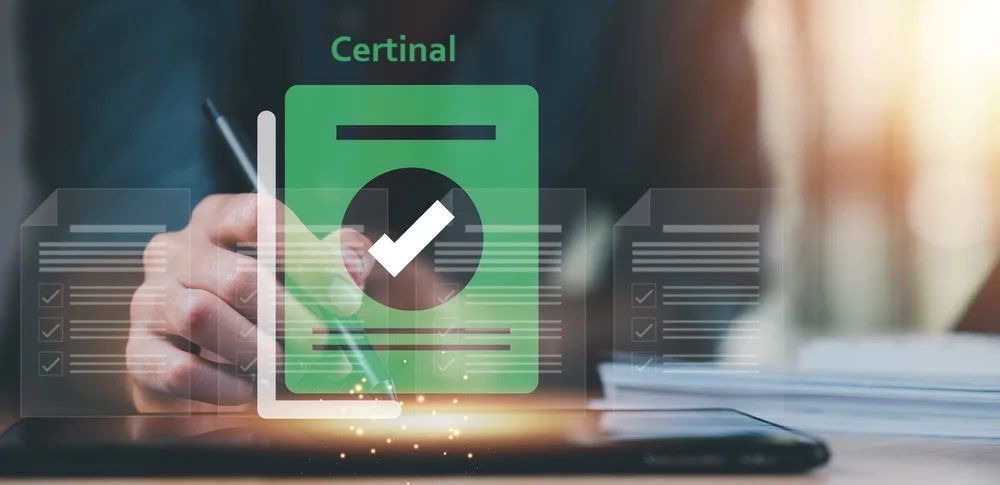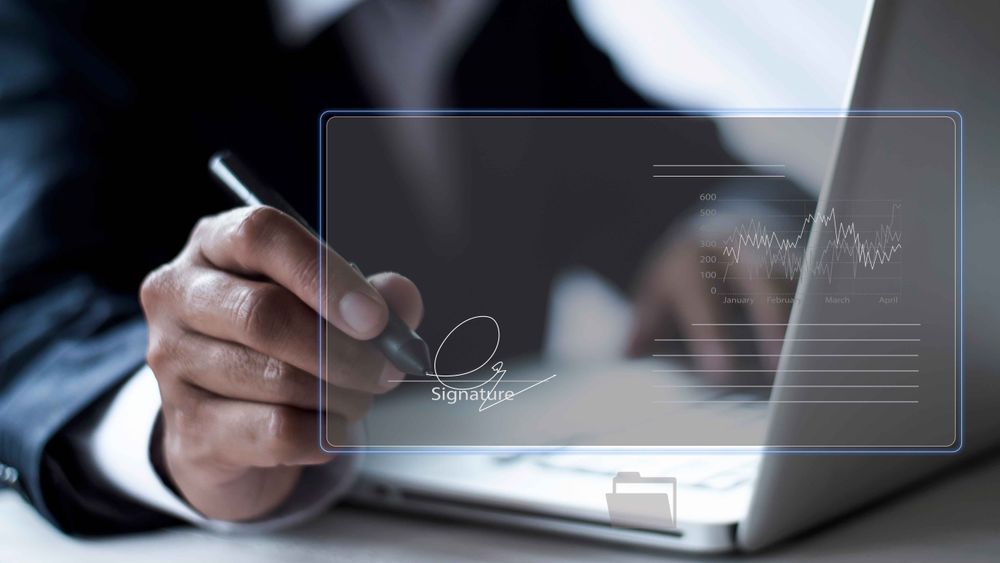Why eSignature Decisions Matter More Than Ever in Southeast Asia
Southeast Asia is home to some of the fastest-growing economies in the world. As enterprises scale across borders, regions, and compliance frameworks, one foundational workflow has taken center stage: digital agreements.
eSignatures are no longer optional—they are central to business agility, whether you’re onboarding a new vendor, closing a client deal, or handling regulatory documentation. But in a region as complex and fragmented as Southeast Asia, not every eSignature tool is equipped for the task.
Enterprises here deal with:
- Multilingual environments and multi-currency contracts
- Industry-specific regulations (like Thailand’s PDPA or Singapore’s PDPA)
- Varying infrastructure levels across ASEAN countries
- Mobile-first workforces and decentralized decision-making
Choosing the right eSignature platform can either remove friction or add to it. That’s why decision-makers are now scrutinizing their digital agreement stacks more closely than ever before.

Adobe Sign vs DocuSign: What Southeast Asian Businesses Need to Know
The two most commonly evaluated platforms in the eSignature space are Adobe Sign and DocuSign. While both offer global name recognition, the real question is: do they meet the operational and compliance needs of Southeast Asia’s scaling enterprises?
Here’s a quick breakdown:
- Adobe Sign integrates well with other Adobe products and works for basic signature flows. But it often requires upgrades or enterprise tiers to access features like conditional routing, bulk send, or audit trails. Language support and region-specific compliance capabilities can be limited unless customized.
- DocuSign is widely adopted, with a larger ecosystem of integrations. However, it has been criticized for expensive enterprise plans, steep learning curves, and growing customer dissatisfaction around support and scalability.
When making a side-by-side Adobe Sign vs DocuSign comparison, decision-makers often find that both tools were built with a Western-centric compliance model in mind and struggle to adapt natively to Southeast Asia’s hybrid infrastructure and regulatory diversity.
Understanding DocuSign’s Pricing Model for Southeast Asia
At first glance, DocuSign might appear cost-effective, especially for small teams or standard document volumes. But as businesses grow, pricing complexity creeps in.
Southeast Asian organizations have reported challenges with:
- Envelope-based pricing, which punishes scale and creates internal bottlenecks
- Extra charges for API access, often required for any automation or integration
- Separate SKUs for compliance features, such as audit logs or secure signer ID
- Hidden renewal escalations, where year two pricing can spike by 20–30%
- Lack of flexibility in contract terms, forcing long commitments with unclear usage tiers
For companies operating in multiple countries, this lack of clarity can be a major blocker to budgeting and procurement planning. It’s why more tech and operations leaders are digging into DocuSign pricing model before committing.
And for many, that research ends in the same conclusion: they need a platform that offers predictable pricing, better support, and workflows designed for regional complexity.

Why Certinal Is Built for the Compliance and Complexity of Southeast Asia
Certinal isn’t just another eSignature tool—it’s a purpose-built digital transaction management platform engineered for enterprises navigating growth, regulation, and distributed teams.
Here’s what makes Certinal stand out in the Southeast Asian context:
- Supports Large, Complex Documents
Many eSignature tools limit uploads to 25–40 MB. Certinal allows document sizes up to 100MB, ideal for contracts with visuals, annexures, or technical data like architectural plans or clinical documentation. - Enterprise-Grade Compliance
Certinal is built with eIDAS, PDPA (Thailand and Singapore), HIPAA, and GDPR compliance baked into the architecture, not retrofitted later. That means enterprises in highly regulated sectors like healthcare, BFSI, and manufacturing can use Certinal without risk. - AI-Powered Workflow Automation
Certinal uses embedded AI to detect form fields, suggest approval routing, and flag document inconsistencies—features that slash admin time and reduce legal risk. - No Hidden Costs. No Surprise Renewals.
Certinal’s pricing is refreshingly transparent. Unlike DocuSign’s envelope-based or API-restricted model, Certinal provides unlimited access to core workflows with no hidden fees or renewal escalations. - Built for the Enterprise, Not Adapted for It
Certinal doesn’t treat the enterprise as an afterthought. It’s been recognized in the IDC MarketScape as a Leader, with an NPS of 81.29—a clear indicator of customer satisfaction at scale.
For CIOs, digital transformation heads, and legal teams in Southeast Asia, this means fewer compromises, faster rollouts, and stronger internal adoption.

Where Legacy Tools Fall Short—and Certinal Excels
Let’s look at some specific scenarios that are common across ASEAN businesses:
Cross-border Procurement in Manufacturing
A regional supply chain team in Vietnam, Thailand, and Malaysia is executing purchase orders and long-term supplier contracts. Using DocuSign or Adobe Sign becomes tricky—each region’s compliance demands a different workflow.
→ With Certinal, multi-country approvals, localized signer experiences, and region-specific audit trails are built in. No custom dev needed.
Digitized Consent in Healthcare
Hospitals in the Philippines and Singapore need patients to eSign consent forms, insurance documents, and specialist referrals—on tablets, in multiple languages.
→ Certinal powers mobile-first, secure, multilingual eConsent workflows that are HIPAA and PDPA ready.
Government & Regulated Sectors
Whether it’s eGov, banking, or logistics, many Southeast Asian enterprises face scrutiny around data storage, signer authentication, and document validity.
→ Certinal provides tamper-evident audit trails, region-specific data hosting, and advanced signer verification options including video KYC.
These scenarios show one thing clearly: legacy tools like Adobe Sign and DocuSign weren’t built for Southeast Asia’s enterprise needs. Certinal is.
Future-Proof Your Agreement Stack—The Smart Way
Southeast Asian enterprises are scaling faster than ever, and that scale demands tools that don’t buckle under complexity.
Whether you’re replacing expensive Western software, modernizing paper-based workflows, or just starting your digitization journey, Certinal is the intelligent upgrade.
– 50% more affordable than legacy platforms
– Native support for large files, regional compliance, and AI workflows
– Transparent pricing and industry-leading customer satisfaction
Ready to experience it firsthand?
Book a personalized demo and see why Certinal is the eSignature platform built for Southeast Asia’s enterprise era.
Related Tech News:
Why the iPhone 17 Air Could Fail, According to a Tech YouTuber















